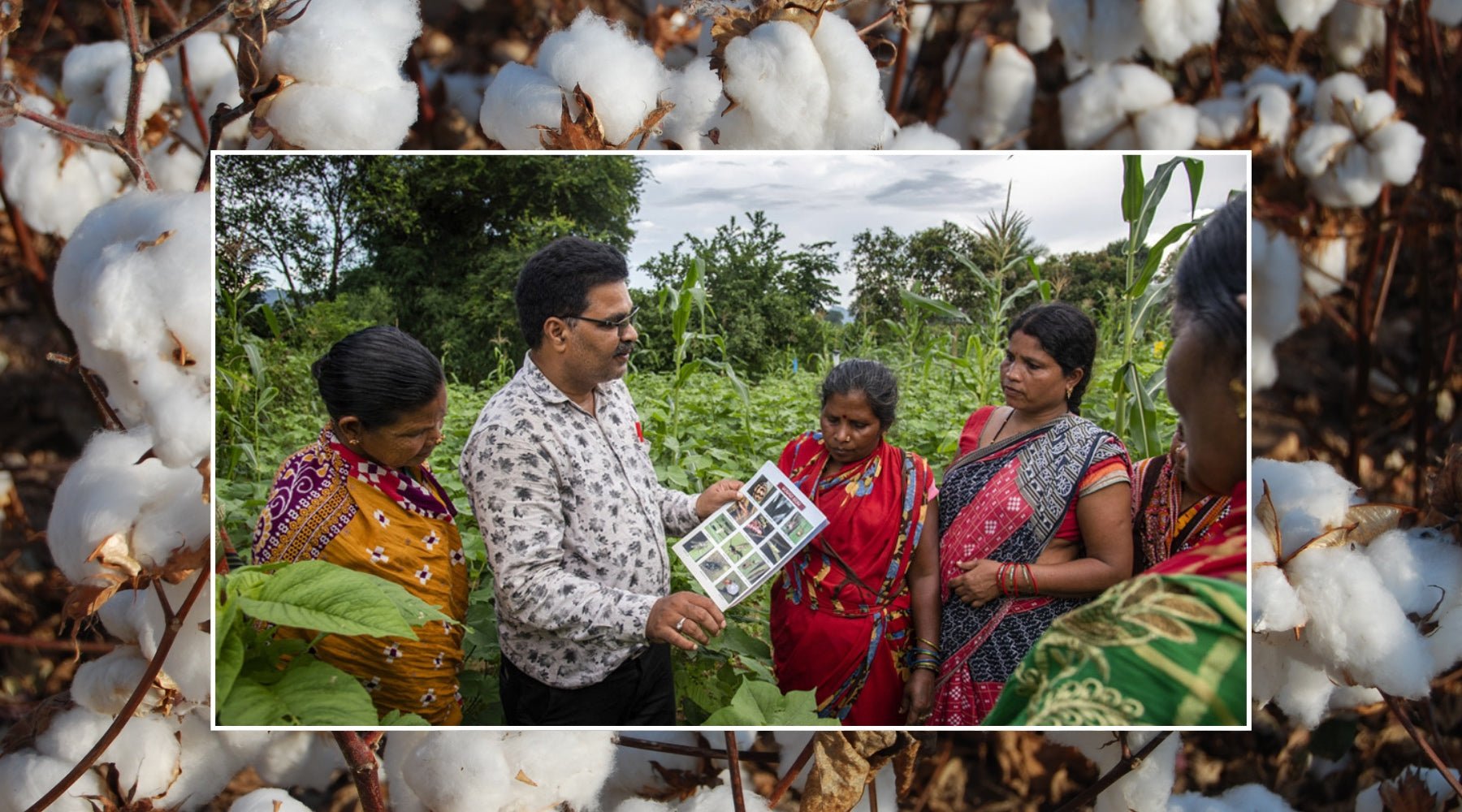
What Is Organic Cotton? And Is It Actually Any Better than Conventional Cotton?
You've heard of organic fruit, vegetables and maybe even organic wine - but what about organic clothing?
All natural fibres grown from plants can be grown using organic practices. Textiles like hemp, linen, jute, and cotton all come from plants, meaning the way in which they are farmed affects the environment, the farmers, and the wearers.

We know that any item of clothing tells a story, and with organic cotton that story is one of healthy soils, diverse local environments, and a different path for farmers, workers, and weavers. This is a guide to organic cotton, from field to fitting room.
What is Organic Cotton?
Organic cotton is non-GMO cotton which has been grown and processed without the use of artificial pesticides and herbicides or synthetic fertilisers. This means that the fibres used to make your clothes haven’t been in contact with harmful chemicals. In addition to this, organic farmers employ regular crop rotation to avoid mono-cropping and encourage soil regeneration. Other crops are grown alongside the cotton which creates a more biodiverse environment.
Where does Organic Cotton come from?

Organic cotton is now grown in lots of traditional cotton producing areas as sustainable fashion grows in popularity. The UK organic textile market has seen huge growth with the market worth increasing from £63m in 2010 to £93m in 2022 (Ethical Consumer). However, only approximately 0.95% of global cotton production is currently organic (Organic Trade Association).
Turkey, Kazakhstan, Tanzania, and India are the world’s biggest organic cotton producers at the moment and are responding to an increased consumer demand for organic textiles. The organic cotton used to make Y.O.U Underwear products is grown in the central and southern regions of Maharashtra, Odessa, and Andhra Pradesh - high up, rain fed areas with long standing roots in farming and cotton.

Is Organic Cotton better for the environment?
Organic cotton farming aims to work in harmony with the natural environment rather than exploiting it. By eliminating the use of chemical fertilisers and other synthetic products, wildlife is able to thrive leading to naturally diverse environments of flora and fauna. Organic farming places a substantial focus on soil health and aims to regenerate depleted soils through using more natural practices which don’t pollute the earth, as well as crop cycling which allows nutrients back into the soil rather than over farming and stripping them.

Local waterways also benefit from organic farming and the reduction of water pollution that occurs when rain washes harmful chemicals into rivers and oceans or waste chemicals are dumped in the natural environments.
Additionally, avoiding the use of GMO seeds and crops means avoiding their interference with biodiversity which can lead to herbicide and pesticide resistant “super-weeds” and pests which often lead to even greater pesticide usage.
Organic plants are usually more resilient to harsh weather conditions as well as making the soils more resistant to weather extremes such as drought or flooding - where healthy soils are more able to store excess water.
Is Organic Cotton better for Farmers and Workers?
Organic farming methods give smaller farmers more autonomy over their work and allow them to be less reliant on larger companies. This means a fairer income for organic farmers as well as safer working conditions since exposure to harmful chemicals, which can contribute to a variety of health issues, is removed.

By implementing crop rotation methods, farmers are also able to diversify their output meaning their income is less reliant on only one crop, and they are also able to grow food for themselves and their families.
Is Organic Cotton better than Conventional Cotton?
Since organic farming practices don’t rely on fertilisers and pesticides, the consumption of finite resources is greatly reduced by choosing organic over conventional cotton. Synthetic fertilisers and other conventional farming products are made from minerals and natural gases which have to be mined from mineral rich areas. During the process of making pesticides, carbon dioxide, methane, and nitrous oxide are also released into the atmosphere. Conventional cotton alone uses 16% of all insecticides sold worldwide (Soil Association).

Thanks to the healthier, nutrient rich soils promoted by organic farming, less water is needed as water retention is improved as well as water filtration.
In 2024, Y.O.U Underwear saved 334.6kg of CO2 and 781,669.07 litres of water through using organic rather than conventional cotton (Textile Exchange Life Cycle Assessment). The cotton plants grown through organic methods produce longer and stronger fibres which make the fabric more durable as well as being softer due to the improved quality.

You can find out more about our sustainability in our 2024 Impact Report
Organic cotton farming does however use more land as yields are lower so more space is needed to produce the same amount of cotton.
How Do You Know If Your Clothes are Made with Organic Cotton?
To help ensure that textiles and clothing truly are produced organically, certifications such as GOTS (Global Organic Textile Standard) assess every stage of organic production from the farming through to manufacturing. GOTS carry out rigorous audits of organic producing farmers and companies meaning their certification is an internationally recognised and trustworthy one. For a textile product to be labelled GOTS ‘organic’ it must contain 95% or more organic fibres, while to be labelled ‘made with organic’ it must contain 70% or more organic fibres. GOTS additionally ensures a range of social standards such as no forced or child labour, and no discrimination.

All Y.O.U Underwear products are GOTS certified organic, with our underwear and loungewear containing 95% organic cotton, and our tea towels and cotton bags made of 100% organic cotton.
What are the benefits of Organic Cotton for clothing and skin?
Organic fabrics don’t contain harmful chemicals which can be absorbed by your skin from the clothing you wear. Chemicals used in processing and dyes can be irritating and even harmful to skin, especially sensitive skin, sometimes leading to redness and rashes. Since organic cotton is also softer, it is gentle on the skin, which is particularly beneficial for underwear since it is worn so close to the skin and in sensitive and absorbent areas.
When you buy organic cotton products you can also be sure that you are supporting the hard work of smaller scale organic farmers using methods which are gentle and beneficial to local and global environments.
How Do You Wash Organic Cotton?
Thanks to the more durable fibres produced by organic cotton, clothes tend to last longer and wash better than conventional cotton and if you care for them properly you can really get as much wear as possible from them. Wash items at 40° or lower to extend their wearable life and avoid using the tumble dryer to minimise stress on the fibres (as well as reducing energy consumption!). Y.O.U Underwear fabrics are pre-washed so won’t shrink when you wash them. We currently use 5% elastane in our fabrics to provide stretch meaning items retain their shape.
Once you have used your organic garments until they are no longer wearable, try to recycle them to prevent them ending up in landfill. 100% cotton items are fully biodegradable however mixed fibres might need different processing. All Y.O.U Underwear items can be recycled when they are returned to us.
Find Out How to Recycle Your Y.O.U Underwear Products Here

While conventional cotton still makes up a huge majority of cotton farming, organic cotton, along with other organic textiles, are increasing in popularity as consumers become more aware of the impact of their clothing. Looking out for companies using organic textiles can be an important step in reducing the environmental and social impact of your wardrobe! While organic clothing often comes with a higher price tag, the increased quality should mean you can keep items for longer and spend less on replacing them. It's a win-win for you and for the planet!
Keep reading with more sustainability articles:
Our Y.O.U Underwear Guide to Making Your Underwear Last Longer
Find the Best Underwear for Healthy Skin
How Difficult is it to Recycle Underwear?
Images courtesy of Y.O.U Underwear and Canva





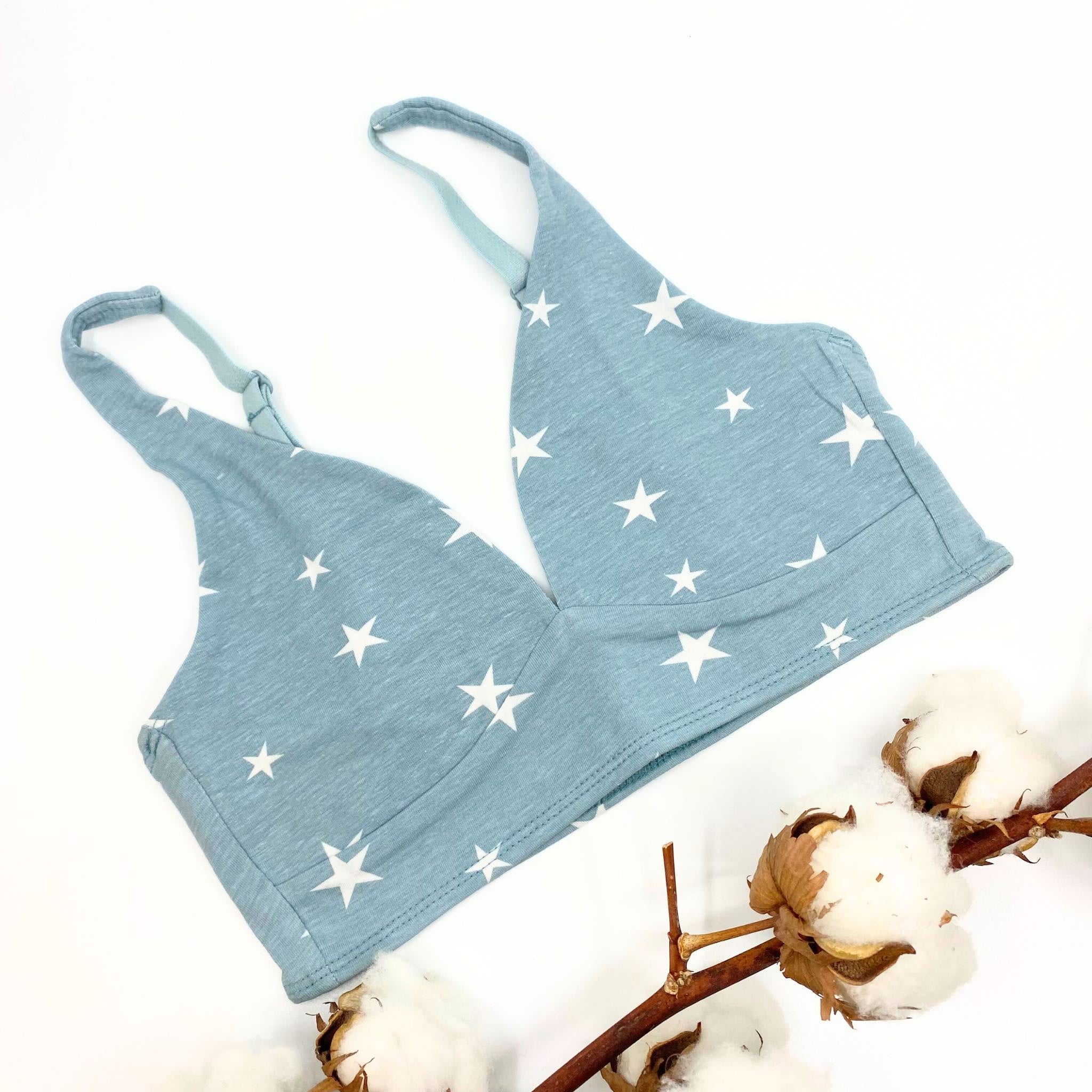
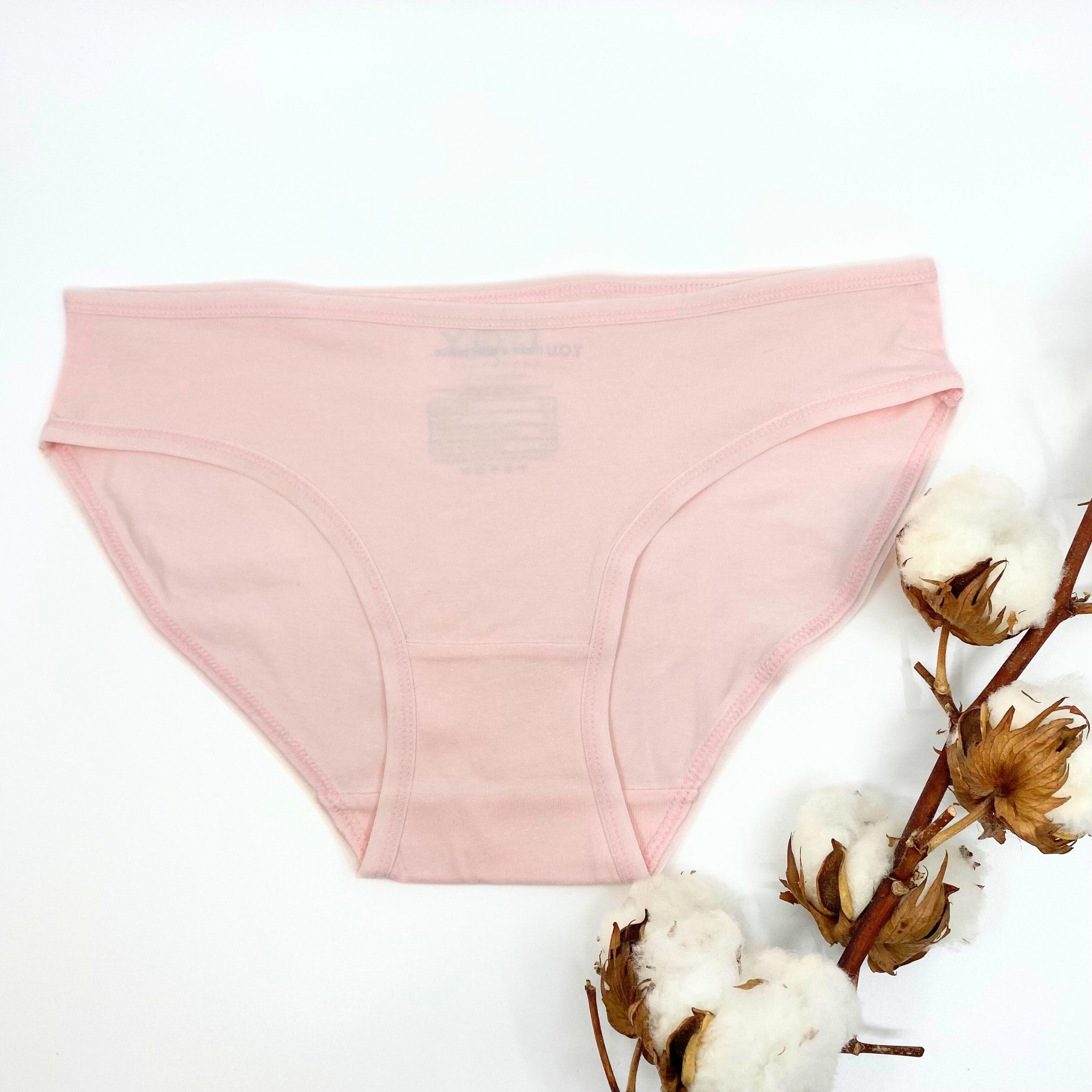
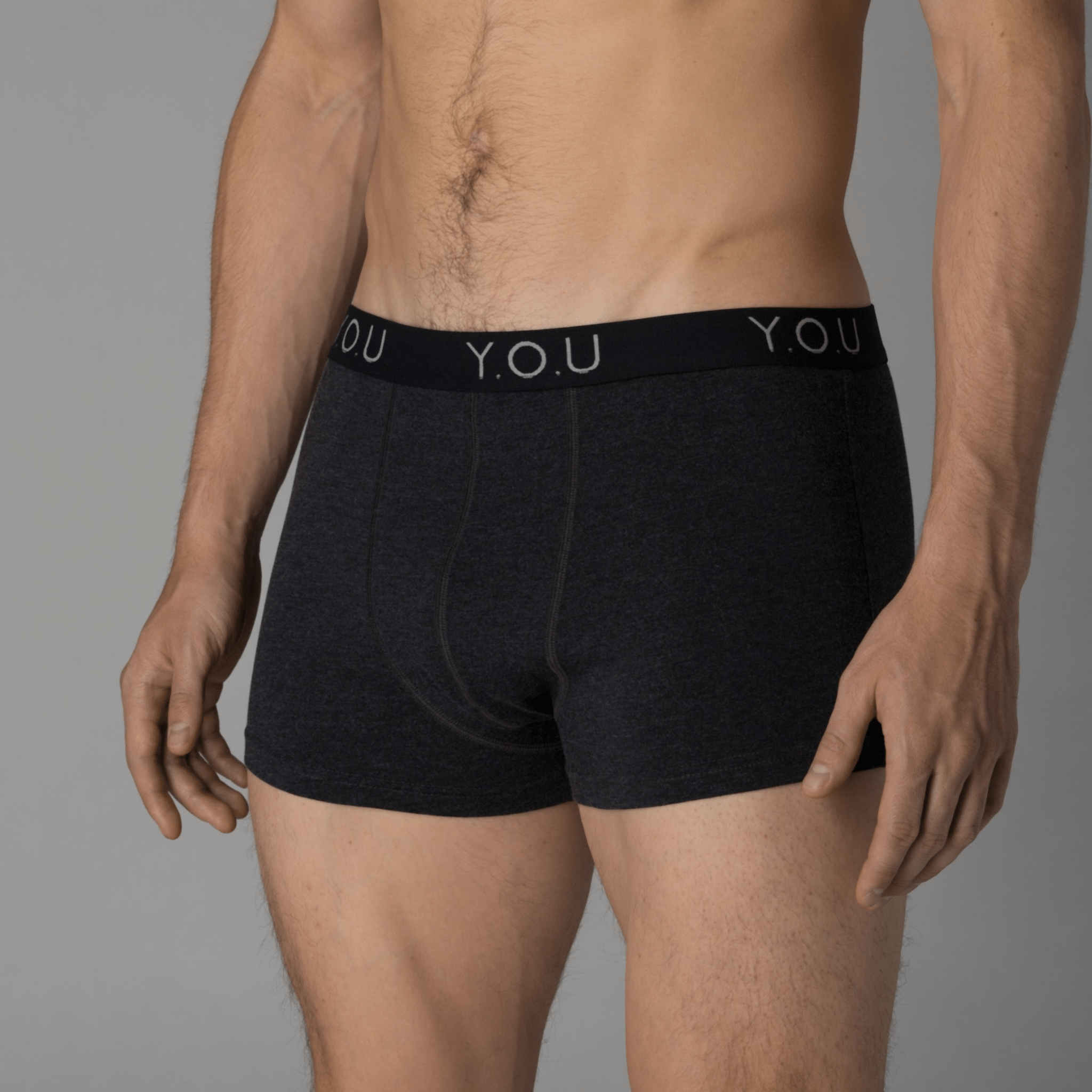



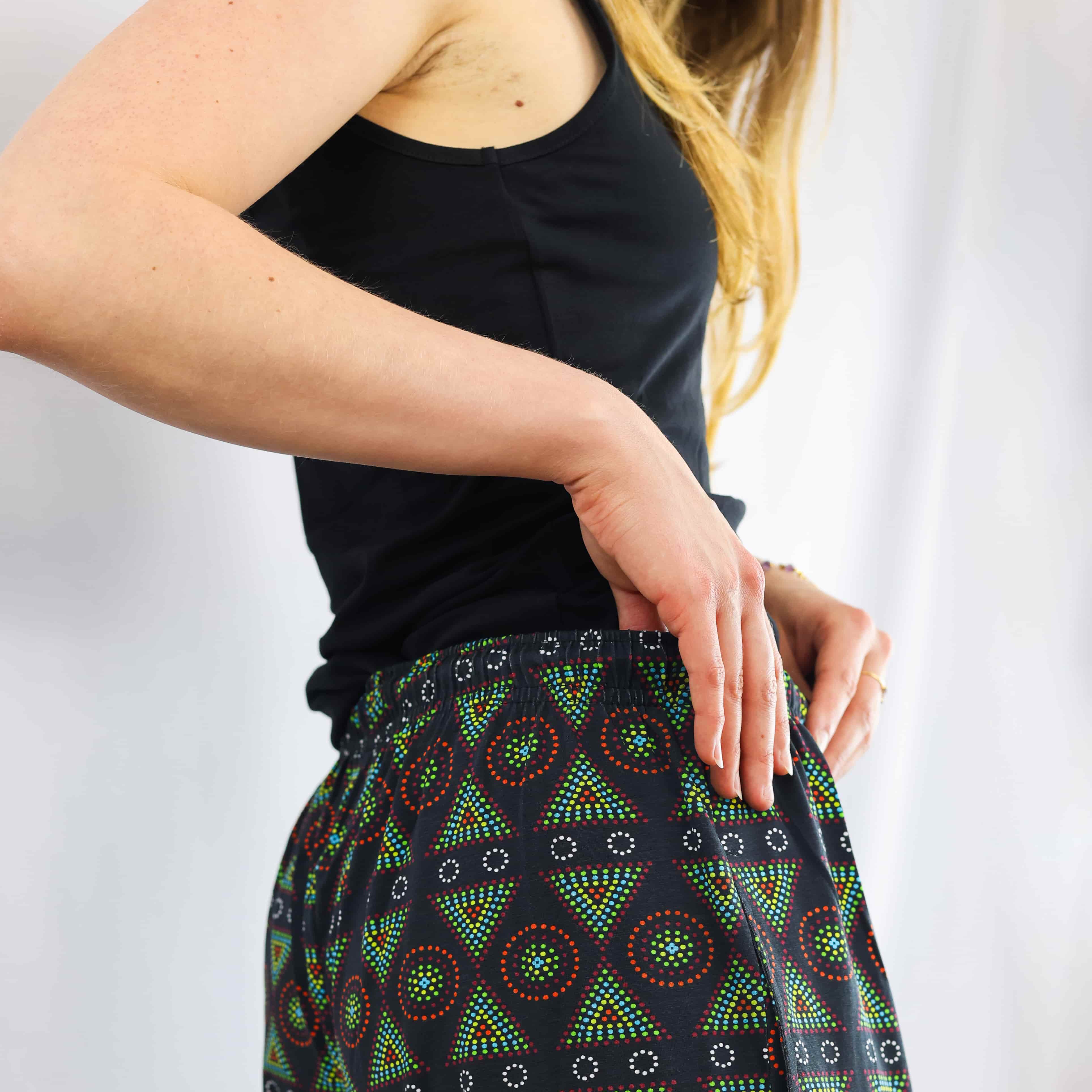
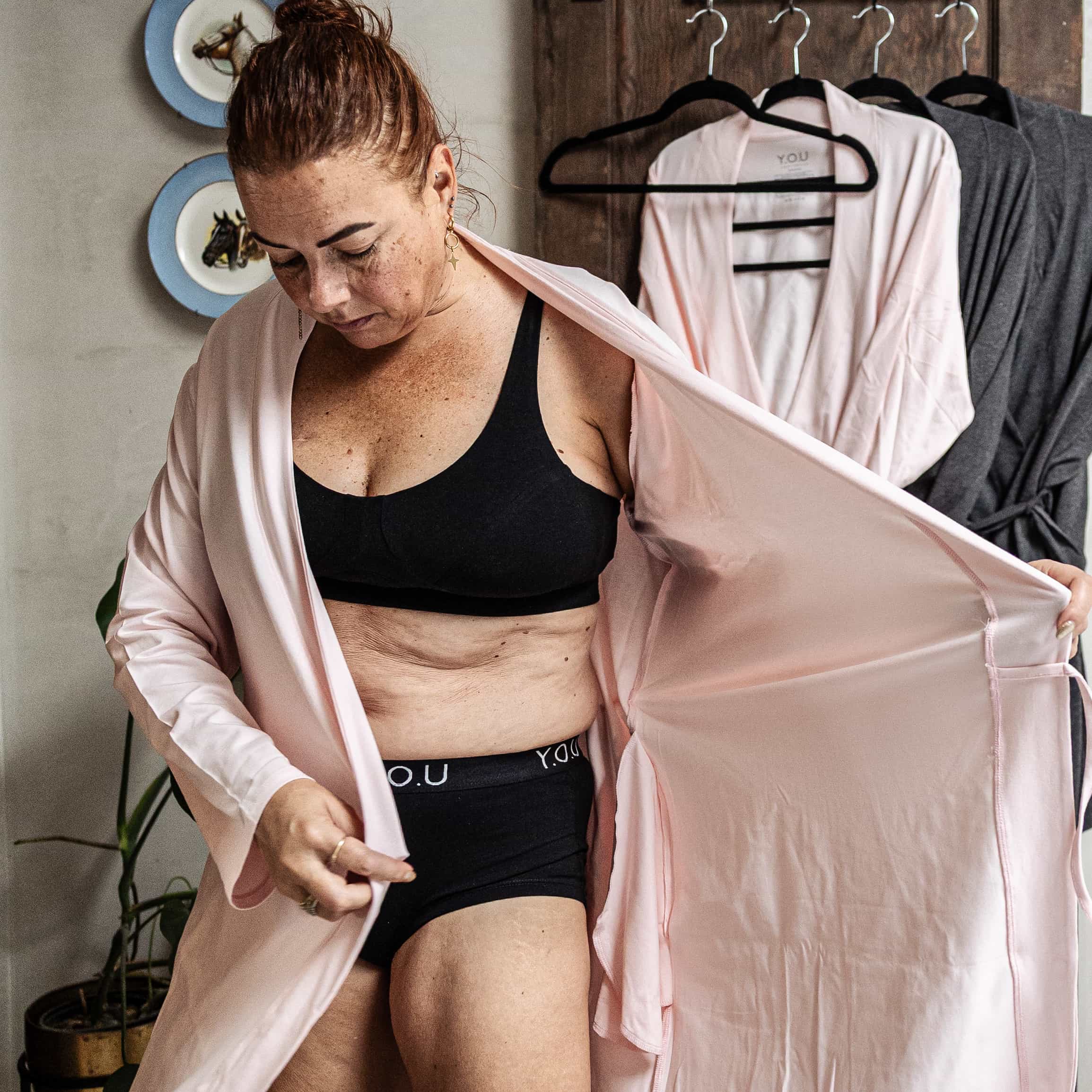

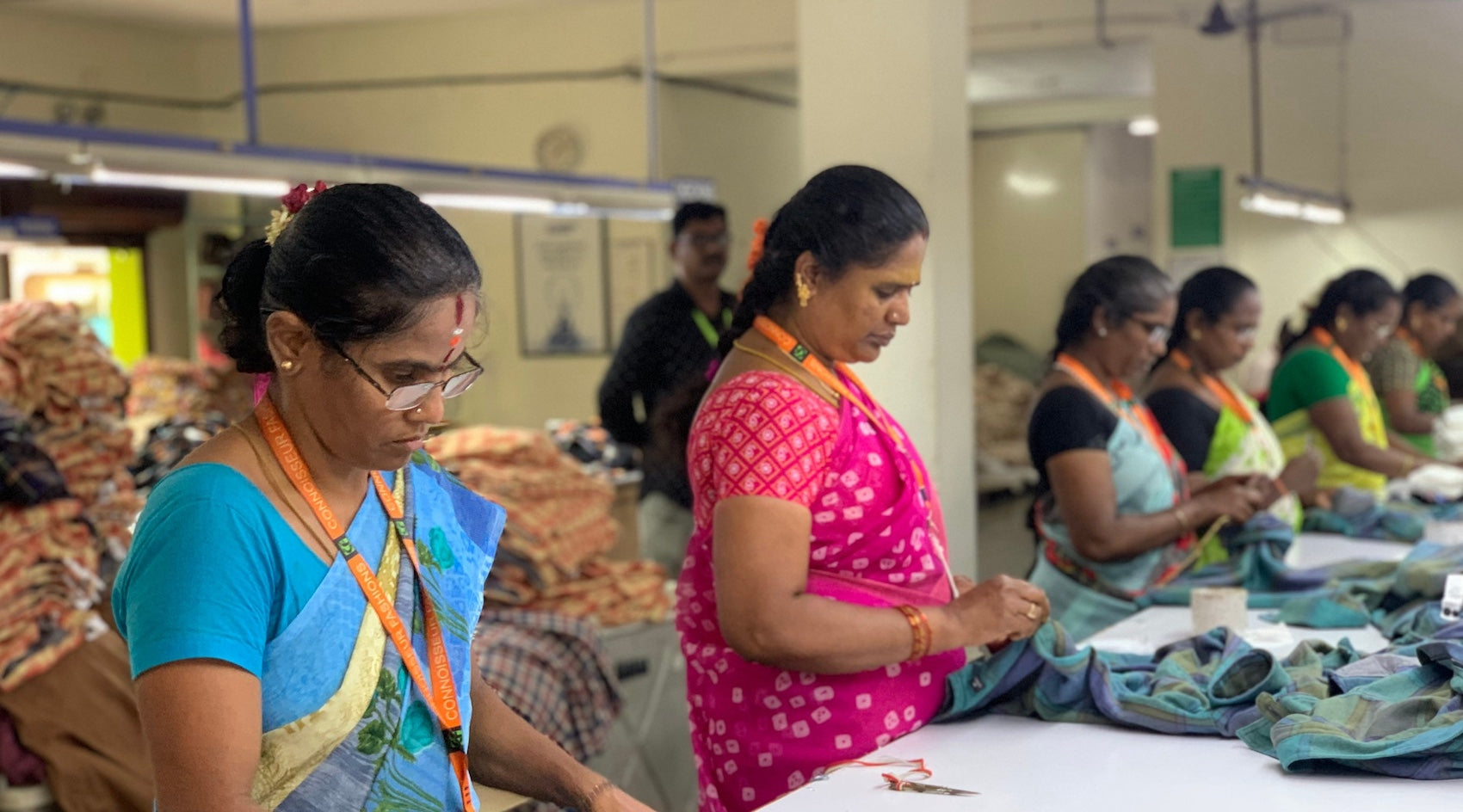
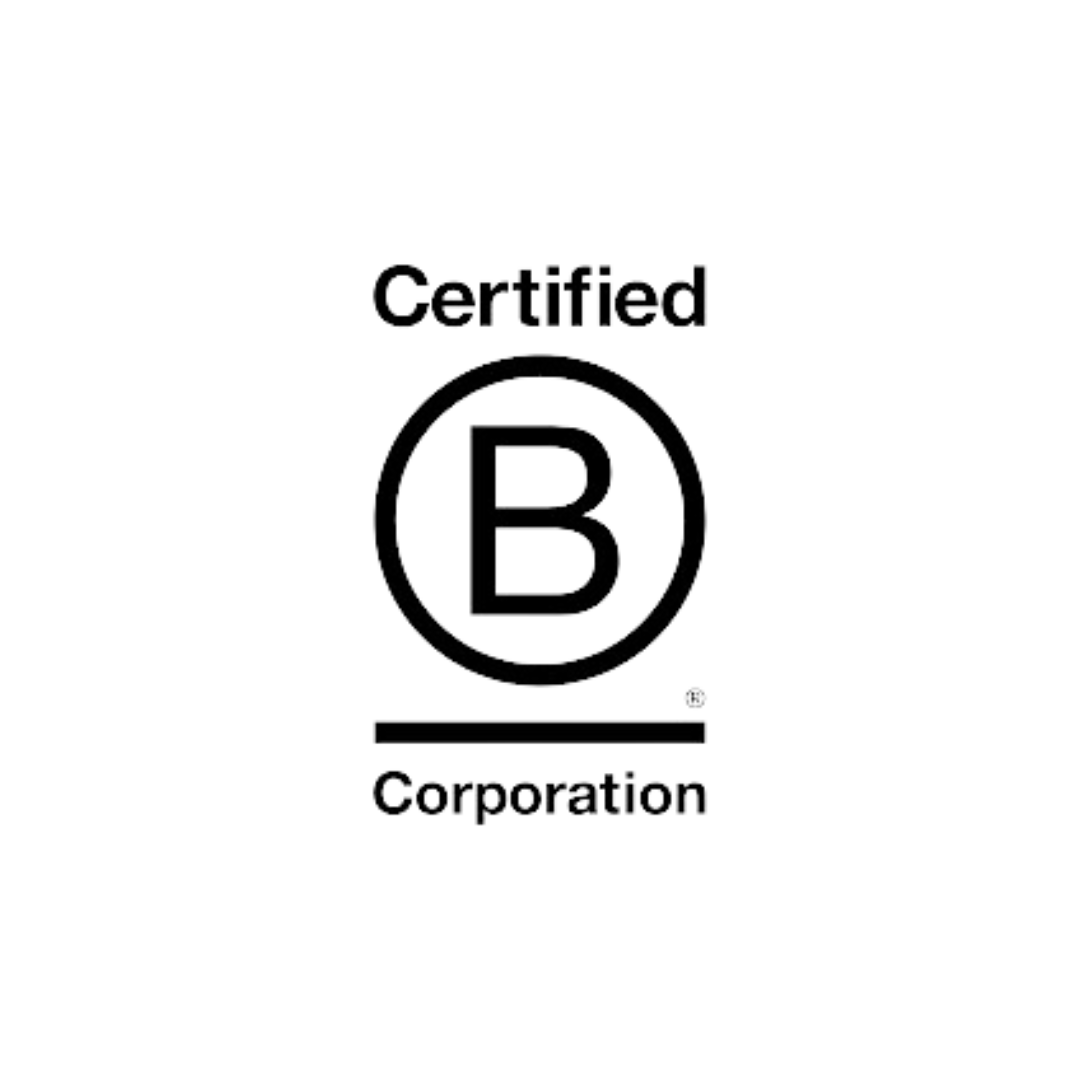
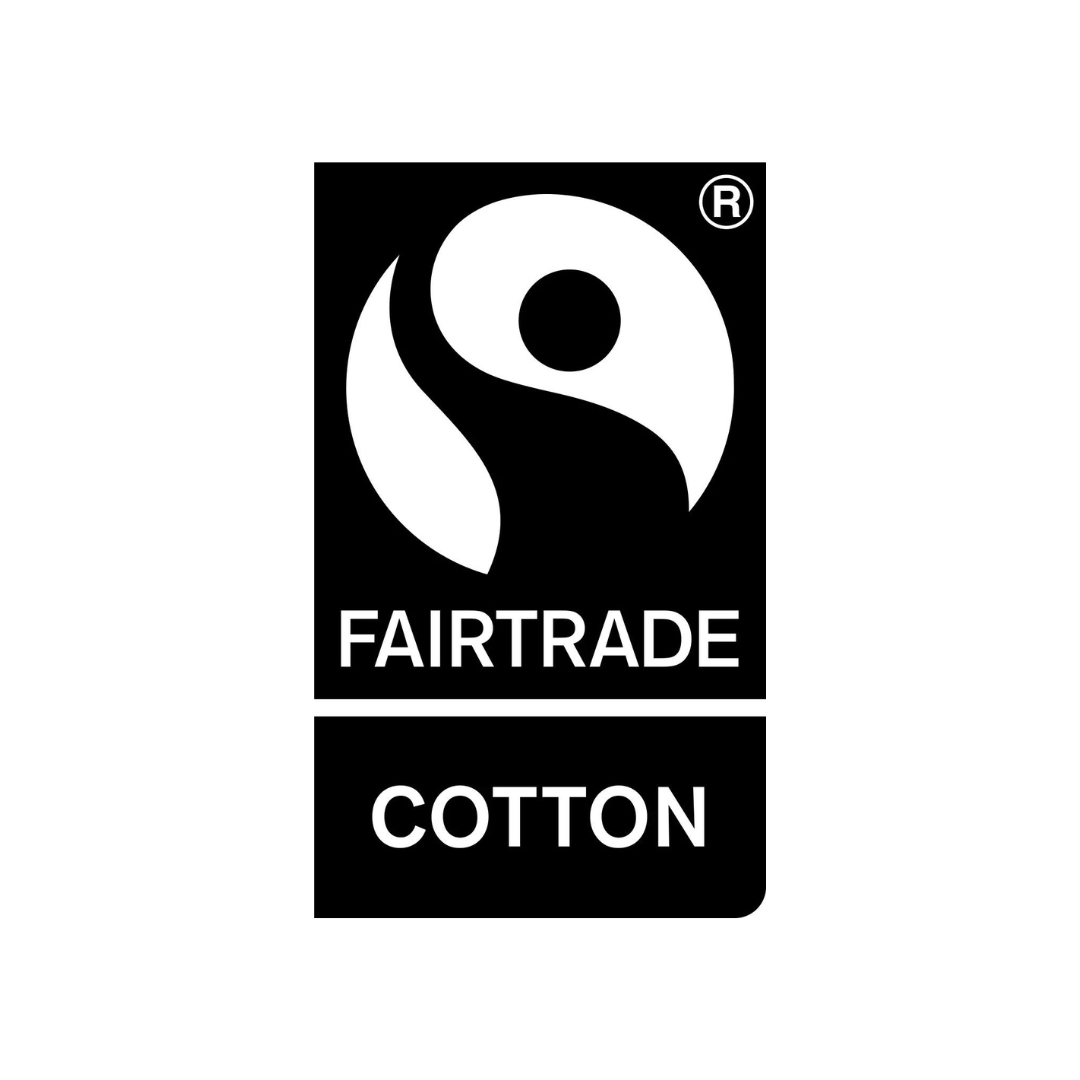




Leave a comment
This site is protected by hCaptcha and the hCaptcha Privacy Policy and Terms of Service apply.